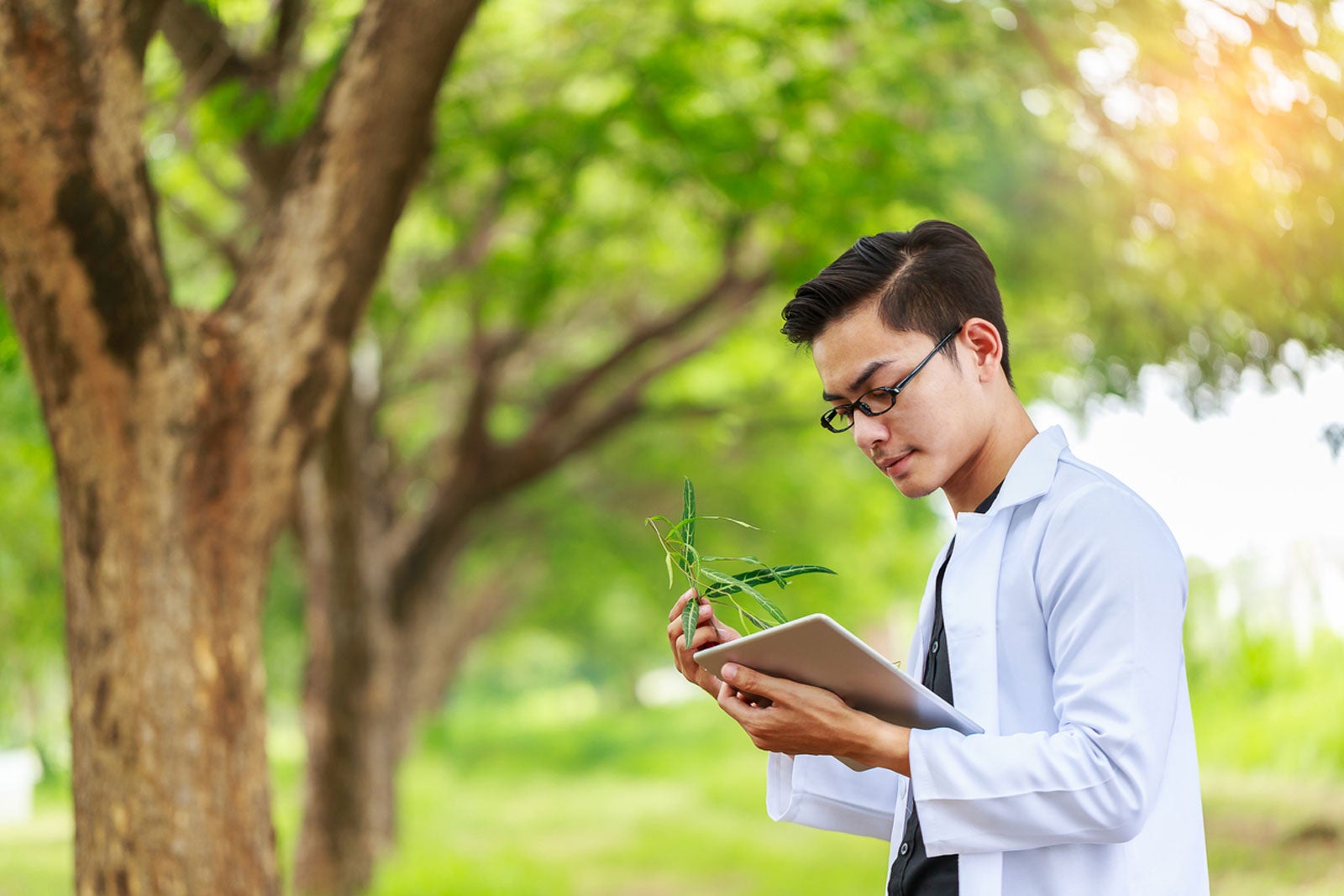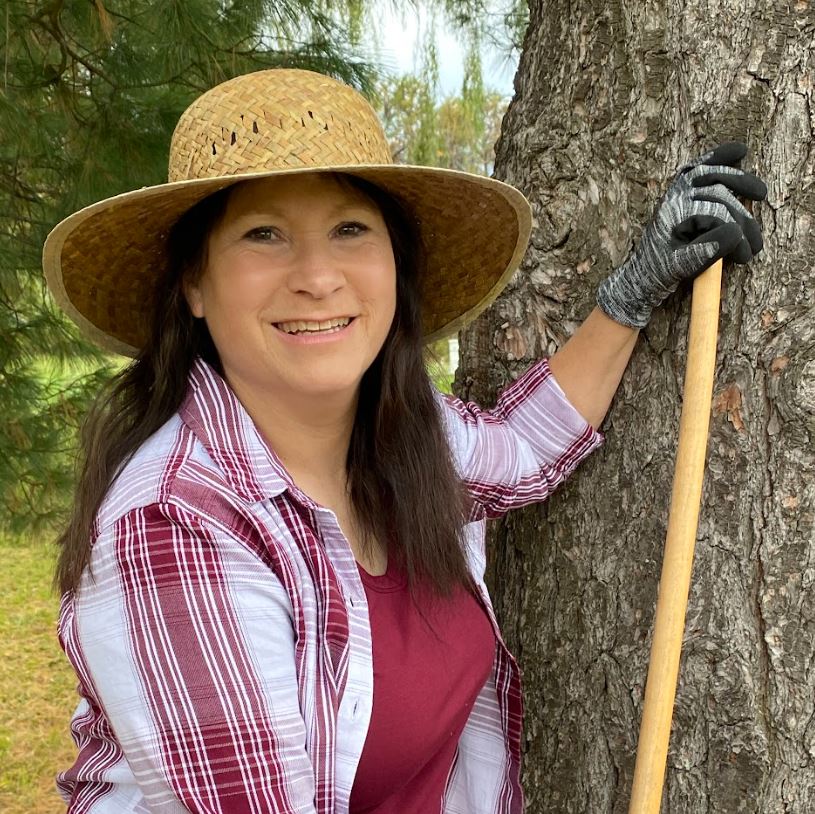What Does A Botanist Do: Learn About Careers In Plant Science


Whether you're a student, a displaced homemaker, or looking for a career change, you might consider the field of botany. Opportunities for careers in plant science are rising and many botanists make an above average income.
What is a Botanist?
Botany is the scientific study of plants and a botanist is a person who studies plants. Plant life can vary from the smallest one celled life forms to the tallest redwood trees. Thus, the field is widely varied and the job possibilities are endless.
What Does a Botanist Do?
The majority of botanists specialize in a particular area of botany. Examples of various areas include the study of marine phytoplanktons, agricultural crops, or the specialized plants of the Amazon rainforest. Botanists can have many job titles and work in many industries. Here is a small sampling:
- Mycologist – studies fungi
- Wetland conservationist – works to preserve swamps, marshes, and bogs
- Agronomist – conduct tests to determine the best practices for soil management
- Forest ecologist – studies the ecosystems in forests
Botanist vs. Horticulturist
You may be wondering how a botanist differs from a horticulturist. Botany is a pure science in which botanists study plant life. They do research and may perform tests, derive theories, and make predictions. They are often employed by universities, arboretums, or work for industrial manufacturers like biological supply houses, pharmaceutical companies, or petrochemical plants.
Horticulture is a branch or field of botany that deals with edible and ornamental plants. It's an applied science. Horticulturalists don't do research; instead, they use or “apply” the scientific research performed by botanists.
Why is Plant Science Important?
Plants are all around us. They provide many of the raw materials that are used in manufacturing industries. Without plants we wouldn’t have food to eat, fabric for clothing, wood for buildings, or medicines to keep us healthy.
Botanical research not only helps industries provide these necessities, but the field also focuses on how to obtain plant-based raw materials economically and in environmentally-friendly ways. Without botanists, the quality of our air, water, and natural resources would be compromised.
Gardening tips, videos, info and more delivered right to your inbox!
Sign up for the Gardening Know How newsletter today and receive a free copy of our e-book "How to Grow Delicious Tomatoes".
We may not realize it or even appreciate their efforts, but botanists play an essential role in our daily lives. Becoming a botanist requires a minimum of a bachelor's degree in the field of botany. Many botanists further their education and go on to receive their masters or doctorate degrees.

Laura Miller has been gardening all her life. Holding a degree in Biology, Nutrition, and Agriculture, Laura's area of expertise is vegetables, herbs, and all things edible. She lives in Ohio.